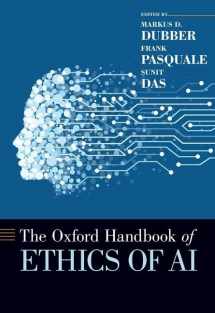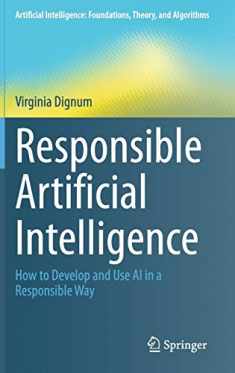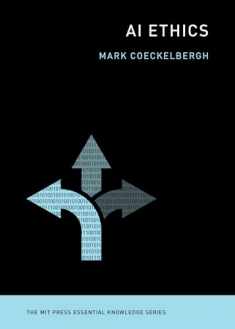
The Oxford Handbook of Ethics of AI (Oxford Handbooks)
Book details
Summary
Description
This volume tackles a quickly-evolving field of inquiry, mapping the existing discourse as part of a general attempt to place current developments in historical context; at the same time, breaking new ground in taking on novel subjects and pursuing fresh approaches.
The term "A.I." is used to refer to a broad range of phenomena, from machine learning and data mining to artificial general intelligence. The recent advent of more sophisticated AI systems, which function with partial or full autonomy and are capable of tasks which require learning and
'intelligence', presents difficult ethical questions, and has drawn concerns from many quarters about individual and societal welfare, democratic decision-making, moral agency, and the prevention of harm. This work ranges from explorations of normative constraints on specific applications of machine
learning algorithms today-in everyday medical practice, for instance-to reflections on the (potential) status of AI as a form of consciousness with attendant rights and duties and, more generally still, on the conceptual terms and frameworks necessarily to understand tasks requiring intelligence,
whether "human" or "A.I."


We would LOVE it if you could help us and other readers by reviewing the book
Book review





